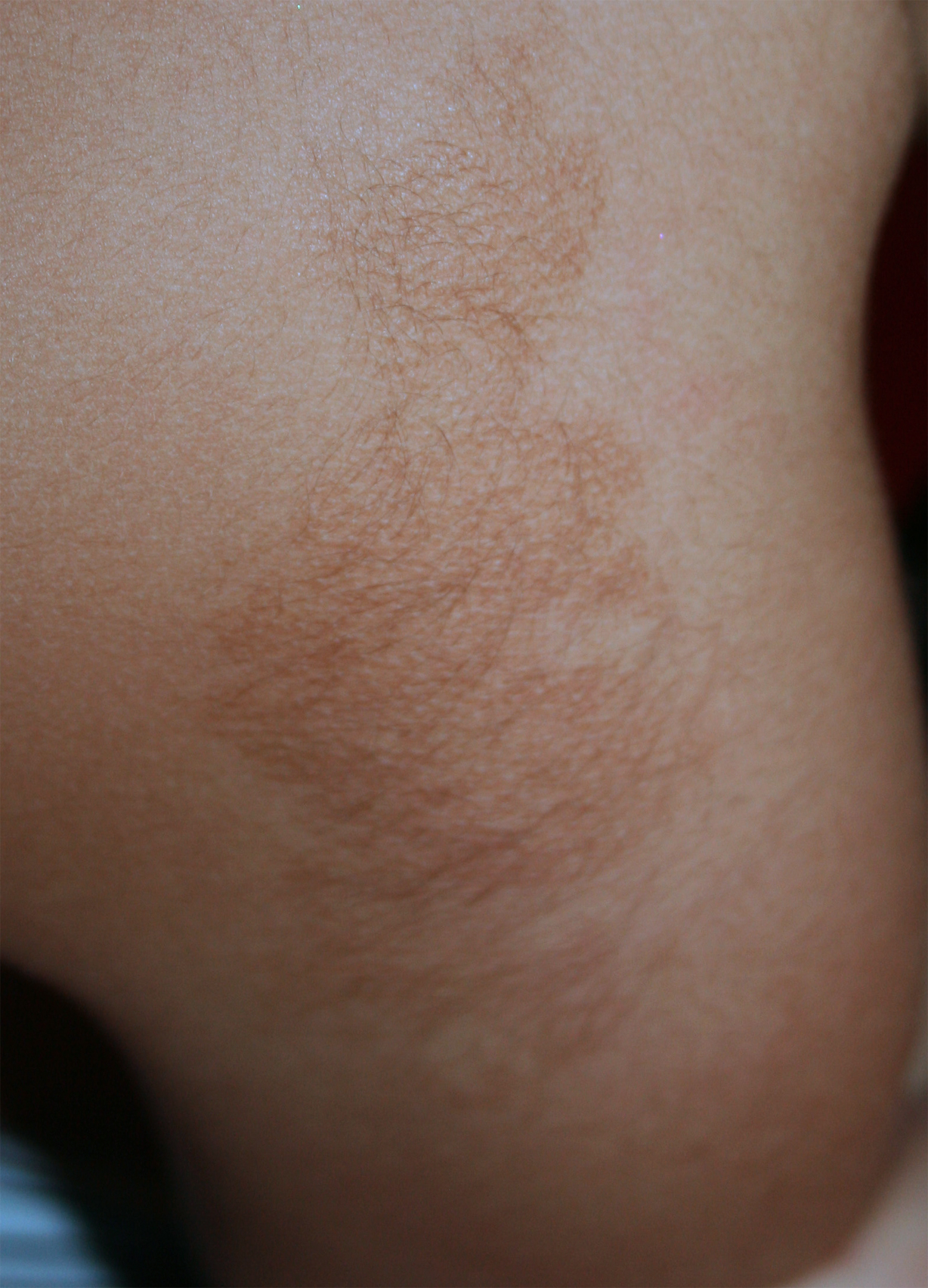Crohn’s disease in a young psoriatic patient previously exposed to ixekizumab.

Downloads
DOI:
https://doi.org/10.26326/2281-9649.31.3.2274How to Cite
Abstract
In recent years several IBD cases in adult patients on ixekizumab therapy have been reported (4). Analysis of adverse events integrated from 7 randomized trials with ixekizumab in adult patients with psoriasis showed that IBD cases were uncommon and occurred in < 1% of the patients (3).
During the phase III study with ixekizumab for pediatric psoriasis (IXORA-PEDS), adjudicated and confirmed cases of CD occurred in 2% of the patients. One patient developed signs of CD during the double-blind treatment period and another three patients were reported as probable CD cases during the maintenance period. All four of these patients discontinued from the study (2). Most of the anti-IL-17 therapy cases of CD described thus far were patients > 40 years, which is in line with the average age of patients with psoriasis and an indication of adult psoriasis.
However, in Europe, CD onset is most prevalent in people aged 15-29 years (1). Thus, pediatric and adolescent patients may be at higher risk of developing IBD during anti-IL-17 therapy or even many months after treatment cessation.
The actual case study does not establish that the patient’s CD development was related to previous ixekizumab treatment. However, because of the limited long-term safety data of ixekizumab in pediatric patients, further studies are needed to ascertain this risk.
